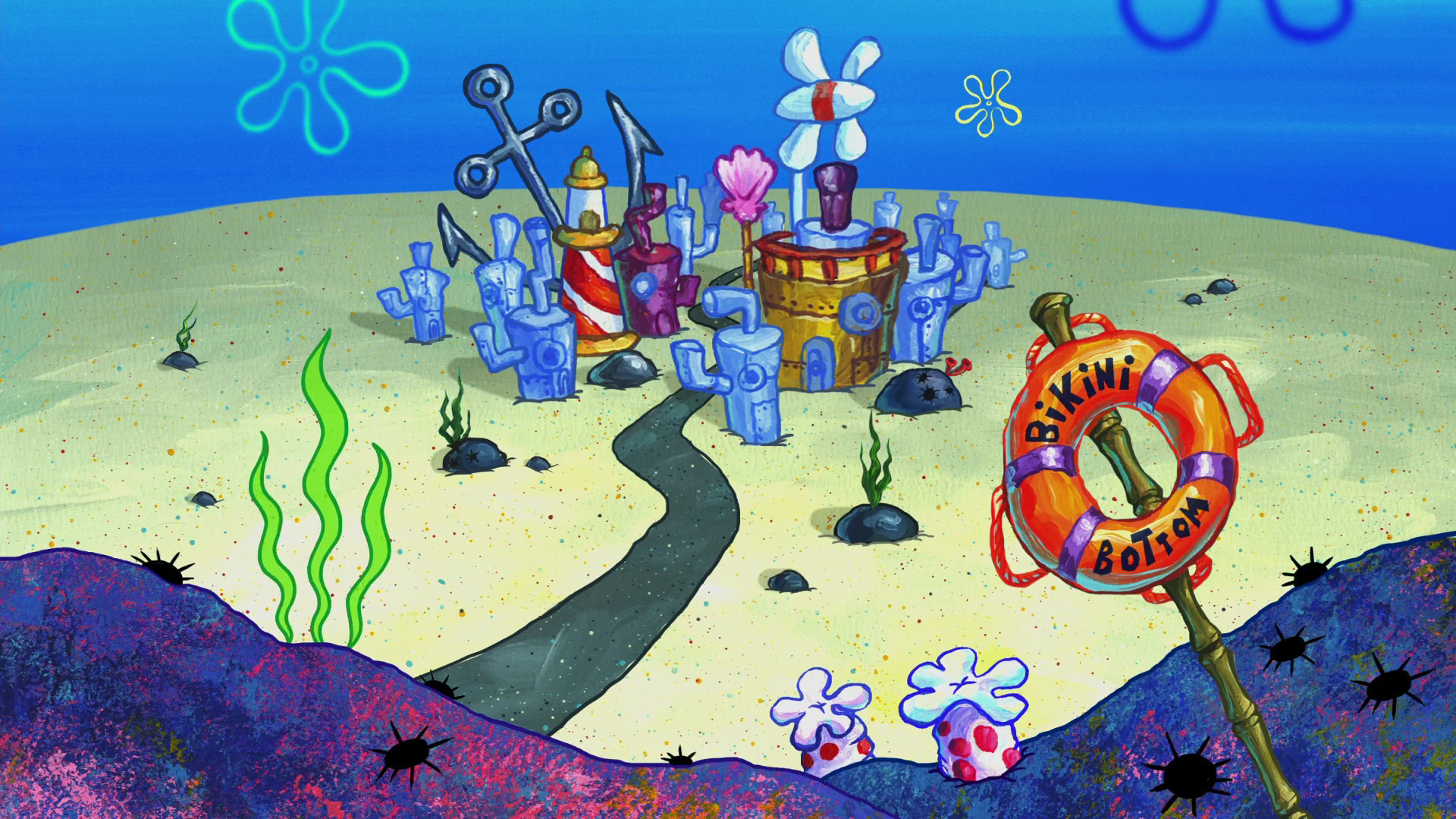Paradox of tolerance type shi
ѕєχυαℓ ρσℓутσρє
I fuck numbers.
- 27 Posts
- 487 Comments
Then a large percentage of tall men would have to stay single, since women are shorter on average. I’ve personally met very few women who are my height, and I’m not even that tall.

 6·9 days ago
6·9 days agoThank you for your service.

 9·9 days ago
9·9 days agoIt’s DoW now, baby. And apparently, it’s over 50,000!

 16·11 days ago
16·11 days agoAlso, this is the only kind of thing that seems to get to them. Call them corrupt, they’ll revel in it. Call them ugly, that gets under their skin.

 4·12 days ago
4·12 days agoUsername checks out.

 4·13 days ago
4·13 days agoI just did
uv tool install yt-dlp[default] --with mutagen. Updates are handled automatically.

 54·14 days ago
54·14 days agoThis is why I find it so funny when the US celebrates its independence day. Bitch, independence from who? Yourself? (I know from who, but I think it’s kinda bullshit. It’s like if the British committed genocide in India, and then declared independence. Kinda dilutes the meaning of the word.)

 5·15 days ago
5·15 days agoI’ve always been kinda technically motivated. The only reason I didn’t actually study computer science is that I had a great math teacher who made me fall in love with math. But I had it for a minor, and like to read stuff up from time to time. So, I guess I’m kinda in the grey area in regards to being a person in tech.
Anyway, I love tinkering with stuff, so I inevitably got into self hosting. Nowadays, I’ve even started maintaining some self hosted software.

 7·15 days ago
7·15 days agoThey probably just stored CSAM on it.

 121·28 days ago
121·28 days agoIn my culture, being a human and having humanity are two entirely separate things. So I think we agree for the most part.

 315·28 days ago
315·28 days agoThey were born humans, but they’ve surely lost their humanity by now.

 2·28 days ago
2·28 days agoThings break. More than upgrades, Framework laptops are great for repairability.

 9·1 month ago
9·1 month agoNot surprised. From what I’ve heard from pretty much every German person I’ve talked to, Bavaria is basically their Texas (read UP if you’re Indian, not sure about analogies for other countries).

 24·2 months ago
24·2 months agotouch: cannot touch 'your': Permission denied touch: cannot touch 'mother': Permission denied
Exactly. I never see people actually liking Cinnamon as a DE, but everyone keeps recommending Mint. It’s so frustrating, and perplexing.

 26·2 months ago
26·2 months agoHope that isn’t coming from personal experience, brother/sister/anything you prefer.
In Bangla, we call the color peyaji, which is basically “onion-y”. It’s also what we call onion fritters, and they’re absolutely delicious.
Edit: Just remembered that we also use it as a slang for fucking around. Not sure where that came from lol.

















The error is ~1/log(x), for anyone interested.